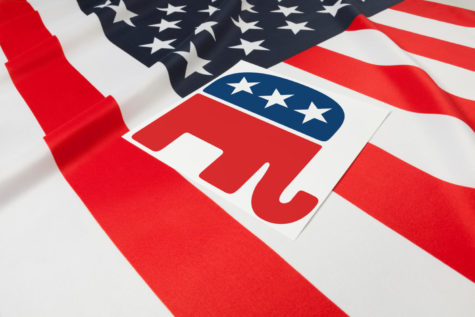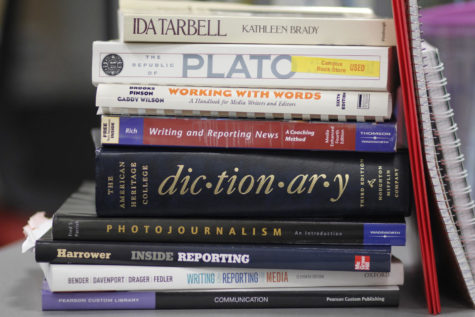Will digitally documented debauchery destroy your future?
August 17, 2010
As the summer of 2010 fades away into yet another treasured stream of memories, a new school year is beginning. The streets of Ames will once again be alive with the excitement of autumnal celebration; new friends will be made and old friends will be reunited. Classes will be in session and weekends will return to their school-year excellence. And, of course, most of it will be documented for public display on a little website called Facebook.
As the Facebook generation continues to come of age, the country is going to have to adapt to the available information. The amount of visible personal information available to the public is a strange, new phenomenon. In the past, skeletons were kept in the closet — now, incriminating behavior is flaunted on Facebook and similar social networking services on the Internet.
This is a time of great social change; this country elected its first black president, who openly admitted to drinking underage, smoking weed and doing “a little blow” when he could afford it. Instead of hiding this increasingly accepted behavior in hopes that political opponents would not uncover it, Barack Obama told the world first.
This is a significant cultural development. While many of Obama’s predecessors have been associated with recreational intoxication in one form or another, Obama was the first to openly admit to inhaling. Though the activities mentioned are illegal, the normality of engaging in self-destructive behavior as a youth is being acknowledged by the culture.
In 2010, we no longer have skeletons in the closet; we have skeletons on the Internet. Time and time again, college students are lectured on the content of their online posts. As the world begins to construct its own virtual identity, the entire culture must adapt to the impact of the social networking phenomenon. Now, employers must add clauses into their codes of conduct that regulate information shared on social networking media.
In this dismal economy, experts warn recent graduates that pictures documenting sweaty, wasted nights on Welch Avenue or underage beer pong tournaments crammed into crowded apartments littered with backwards-hat bros will hinder the ability to gain employment. Despite efforts from educators, the Facebook culture continues to document its Keystone-fueled hedonism. I am willing to wager that almost everyone who will read this article has been featured in at least one somewhat-incriminating photo on Facebook; most of the time, it would have been posted without their consent.
While I recognize the validity in these concerns from the so-called experts, I wonder how significant the problem actually is. Let’s be honest for a moment — most college students get drunk and lots more post less-than-flattering pictures of their drunken peers on Facebook every Monday.
If we, as a country, can elect a president who admittedly indulged in cocaine, is it unrealistic to believe that, over time, companies are going to have to accept the public display of care-free college bliss that permeates throughout the Facebook world? Or, is it naive to assume this adaptation to the consequences of technology will take place?
Realistically, it’s a lot smarter to be discrete. With the limited amount of jobs available, companies will only hire the best candidates for their positions. Then again, according to the Mayans and Hollywood, the world is going to end in 2012 anyway. So, maybe, the massive amount of pictures showcasing binge drinking in dingy dungeons and dormrooms will not affect anything at all.














